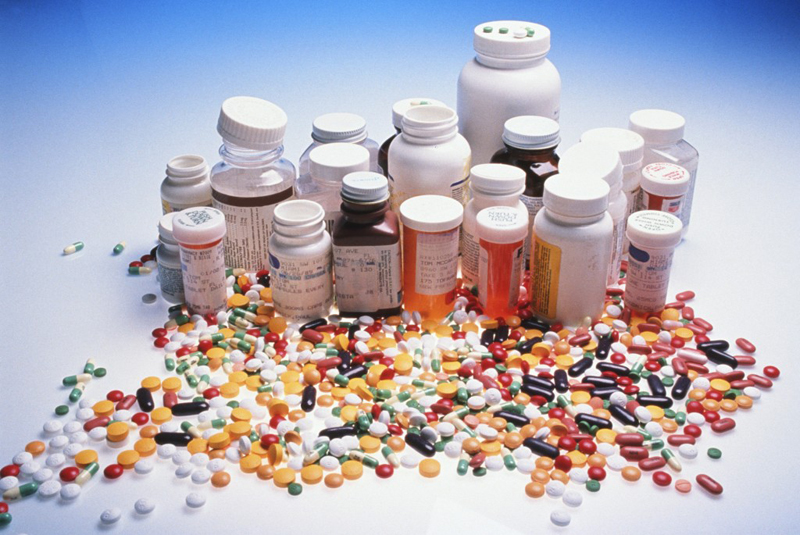Submitted by Diane Farsetta on
 In early September, "major newspapers reported the alarming news that suicides among young people were on the rise because of a precipitous drop in the use of antidepressants," writes Alison Bass. The academic study the news articles were based on concluded that new safety warnings for young people using antidepressant drugs had discouraged doctors from writing prescriptions for depressed youths. But there's a hole in that argument: "while there was indeed an upturn in suicide rates among youths ... the number of prescriptions for antidepressants in the same age group remained basically unchanged." Bass points out that the pharmaceutical companies that make antidepressants might "benefit from the latest alarm about an apparent upturn in youth suicide rates. ... These companies have an enormous stake in reversing the current FDA warnings." Pfizer, which makes the antidepressant Zoloft, did provide $30,000 for the academic study, and the study's lead authors have ties to Pfizer, GlaxoSmithKline and Wyeth Pharmaceuticals. "This isn't the first time that suicide rates have been trotted out as a public relations weapon," Bass adds. "Proponents of psychotropic drugs have long argued that suicide rates ... fell after" such drugs were introduced, though the decline began well before the drugs were widely prescribed.
In early September, "major newspapers reported the alarming news that suicides among young people were on the rise because of a precipitous drop in the use of antidepressants," writes Alison Bass. The academic study the news articles were based on concluded that new safety warnings for young people using antidepressant drugs had discouraged doctors from writing prescriptions for depressed youths. But there's a hole in that argument: "while there was indeed an upturn in suicide rates among youths ... the number of prescriptions for antidepressants in the same age group remained basically unchanged." Bass points out that the pharmaceutical companies that make antidepressants might "benefit from the latest alarm about an apparent upturn in youth suicide rates. ... These companies have an enormous stake in reversing the current FDA warnings." Pfizer, which makes the antidepressant Zoloft, did provide $30,000 for the academic study, and the study's lead authors have ties to Pfizer, GlaxoSmithKline and Wyeth Pharmaceuticals. "This isn't the first time that suicide rates have been trotted out as a public relations weapon," Bass adds. "Proponents of psychotropic drugs have long argued that suicide rates ... fell after" such drugs were introduced, though the decline began well before the drugs were widely prescribed.
